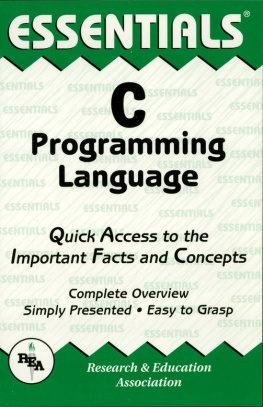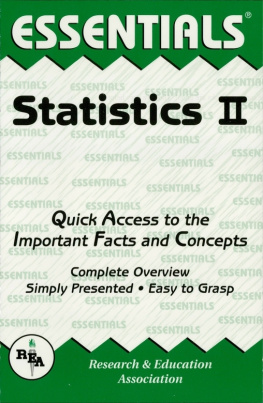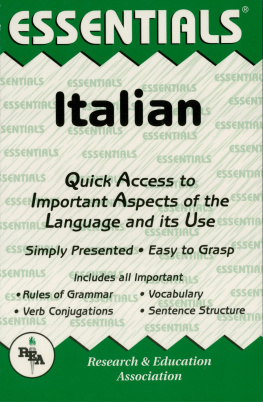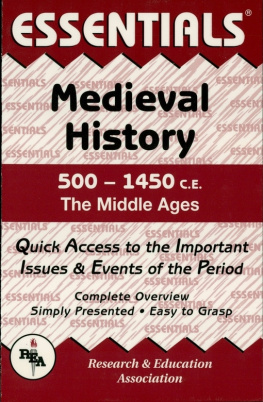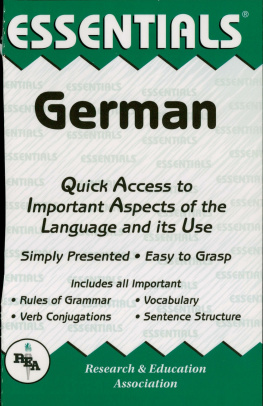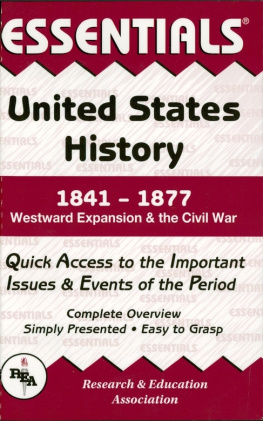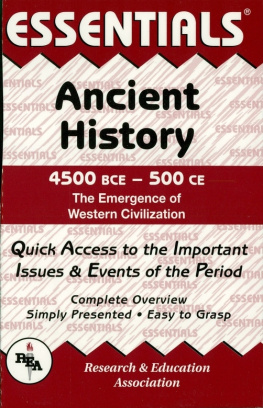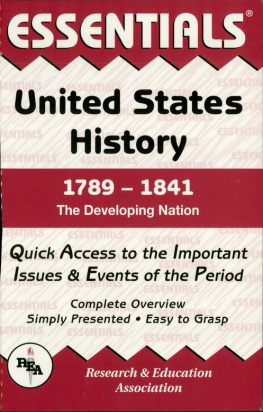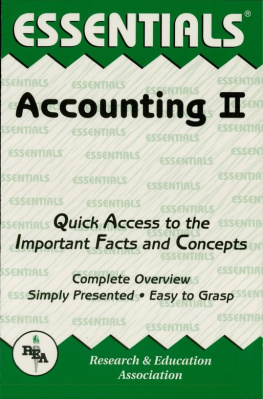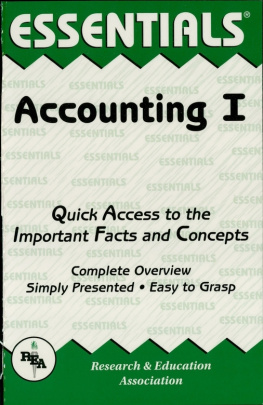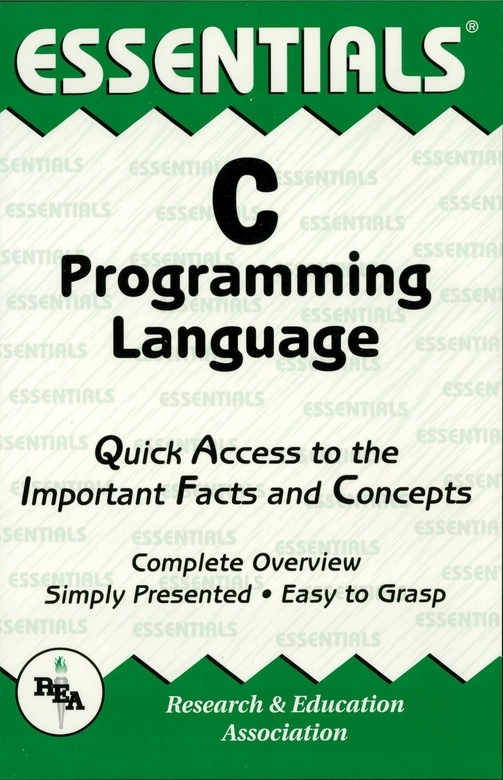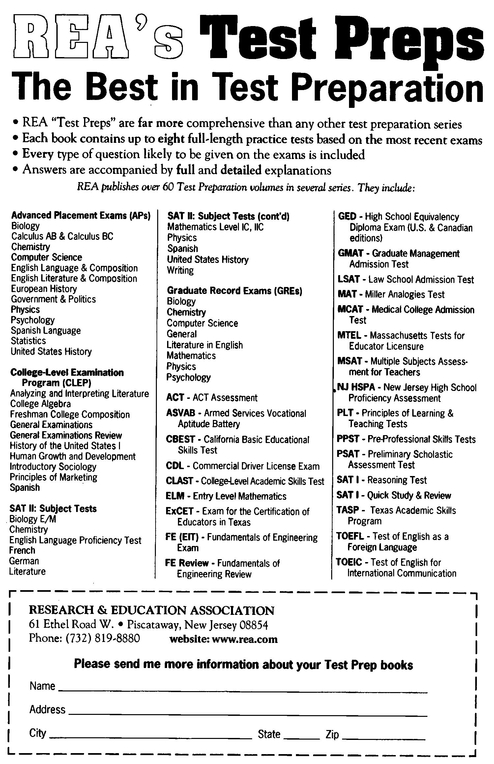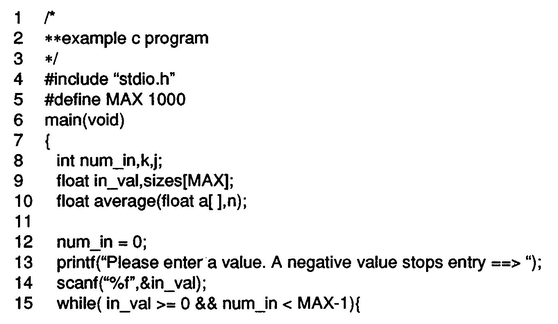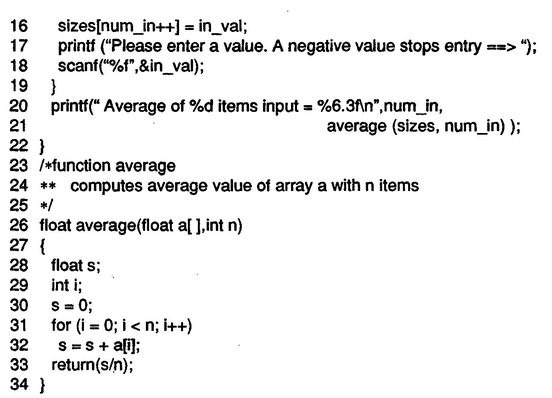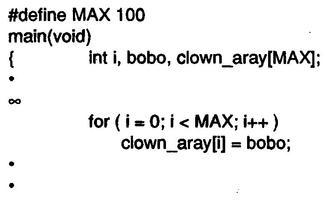Ernest C. Ackermann - C Programming Language Essentials
Here you can read online Ernest C. Ackermann - C Programming Language Essentials full text of the book (entire story) in english for free. Download pdf and epub, get meaning, cover and reviews about this ebook. year: 2013, publisher: Research & Education Association, genre: Children. Description of the work, (preface) as well as reviews are available. Best literature library LitArk.com created for fans of good reading and offers a wide selection of genres:
Romance novel
Science fiction
Adventure
Detective
Science
History
Home and family
Prose
Art
Politics
Computer
Non-fiction
Religion
Business
Children
Humor
Choose a favorite category and find really read worthwhile books. Enjoy immersion in the world of imagination, feel the emotions of the characters or learn something new for yourself, make an fascinating discovery.
- Book:C Programming Language Essentials
- Author:
- Publisher:Research & Education Association
- Genre:
- Year:2013
- Rating:4 / 5
- Favourites:Add to favourites
- Your mark:
C Programming Language Essentials: summary, description and annotation
We offer to read an annotation, description, summary or preface (depends on what the author of the book "C Programming Language Essentials" wrote himself). If you haven't found the necessary information about the book — write in the comments, we will try to find it.
REAs Essentials provide quick and easy access to critical information in a variety of different fields, ranging from the most basic to the most advanced. As its name implies, these concise, comprehensive study guides summarize the essentials of the field covered. Essentials are helpful when preparing for exams, doing homework and will remain a lasting reference source for students, teachers, and professionals. C Programming Language discusses fundamental notions, data types and objects, expressions, statements, declarations, function and program structure, the preprocessor, and the standard library.
Ernest C. Ackermann: author's other books
Who wrote C Programming Language Essentials? Find out the surname, the name of the author of the book and a list of all author's works by series.

